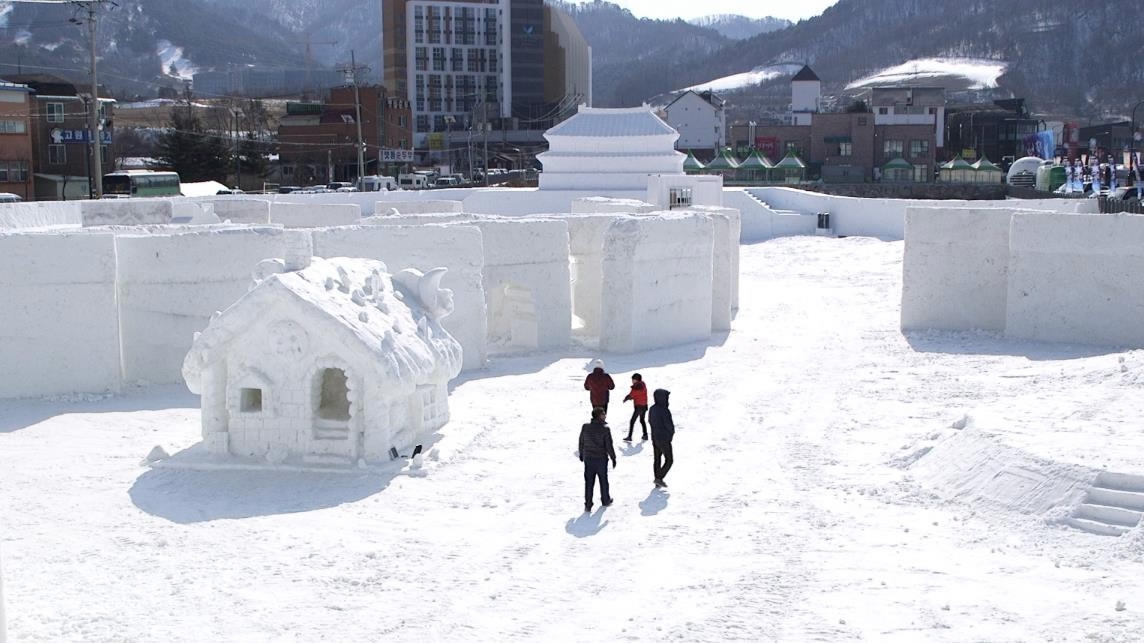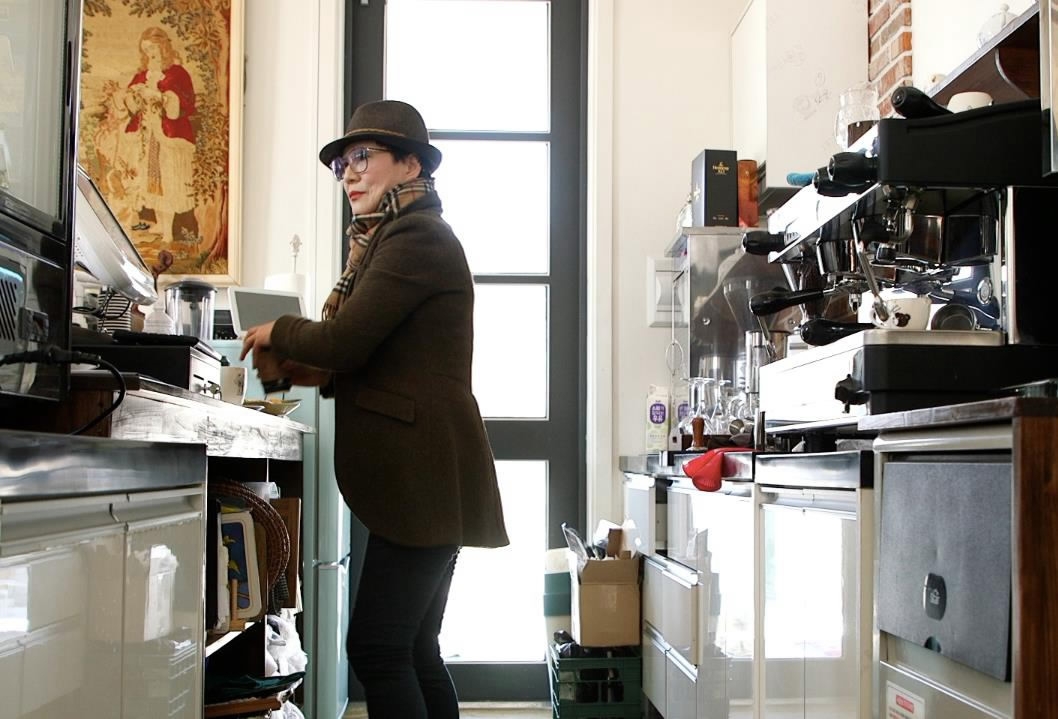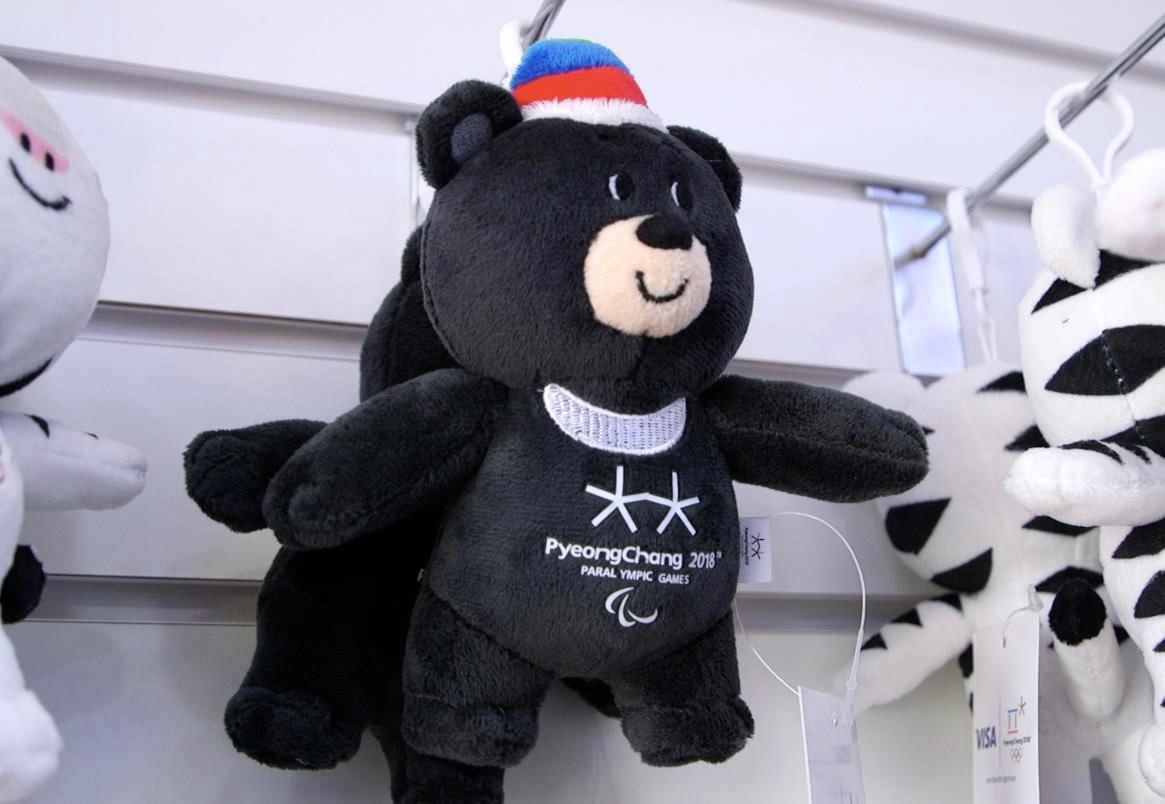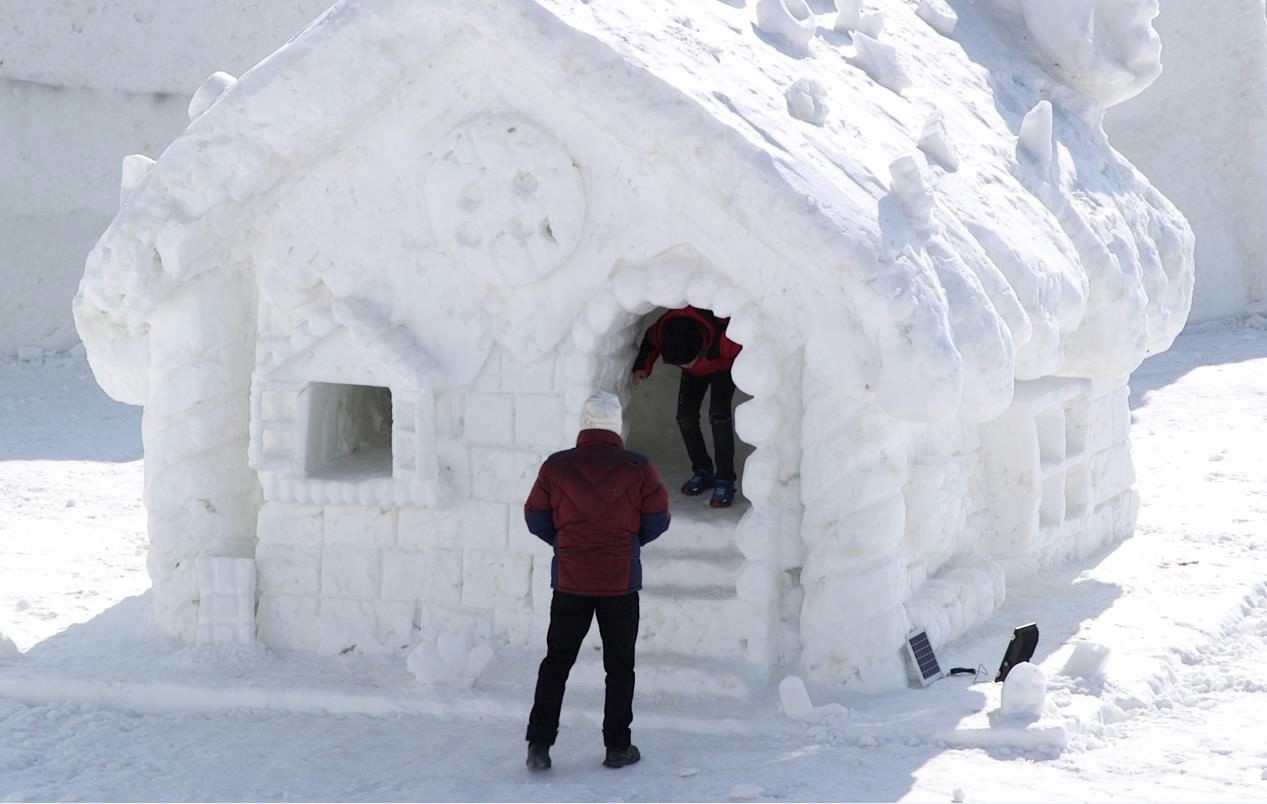
Sports
14:18, 09-Feb-2018
ROK seeks to become regional winter sports destination to offset cost of Winter Olympics
By Jack Barton

South Korea has spent the equivalent of about 13 billion US dollars to stage the Winter Olympics in the hope the Games will reap a long-term tourism bonanza that could benefit the host city as well as the country.
The cost is double the original estimate, though much cheaper than the 50 billion US dollars Russia spent on hosting the Sochi Winter Games.
That investment includes South Korea’s new Winter Olympic stadium, which construction cost the equivalent of 109 million US dollars.

Kitchen area of a coffee bar. /CGTN Photo
Kitchen area of a coffee bar. /CGTN Photo
The stadium is being used for the opening and closing ceremonies of the Olympics and Paralympics.
Afterwards it will be demolished, though Korean Olympic officials say most of the winter sports infrastructure will stay.
“We hope to transform the PyeongChang area as a winter sports hub, not only for Korea but for the whole region of Asia,” said Kim Jae-Youl, Executive Vice President of the PyeongChang Olympic Organizing Committee.
“About half of the world tuned into (the Rio) Games so it’s a great opportunity to showcase what Korea has to offer to the world,” says Kim.

Mascot toys for sale. /CGTN Photo
Mascot toys for sale. /CGTN Photo
Right now business is booming in PyeongChang, whether it’s souvenir stores, restaurants or downtown hotels, which are charging much higher rates than normal for this time of the year.
But a lot of negative media coverage over the high prices has hit hotels just outside of town, which had also expected a rush of guests.
“Now, with the reservation rate near the Olympic stadium there’s not enough rooms, but reservations in other areas are lower than in the summer peak season,” says Julie Choi, who owns Kismet Cottage just outside of PyeongChang.
According to South Korean media, occupancy rates at big hotels are at 100 percent, but only 35 percent for smaller guesthouses in and around the Olympic sites.

Snow sculpture at the winter sport destination. /CGTN Photo
Snow sculpture at the winter sport destination. /CGTN Photo
More than 20 percent of Olympic tickets remain unsold, leading to concerns that even the Games themselves might not be a big earner.
Of course it’s just the beginning and the Olympics are, at heart, not about the money, but about bringing the world together through sports.
And given the entire Korean Peninsula will be represented at the Winter Olympics, there is also hope of a big regional peace and stability dividend.

SITEMAP
Copyright © 2018 CGTN. Beijing ICP prepared NO.16065310-3
Copyright © 2018 CGTN. Beijing ICP prepared NO.16065310-3